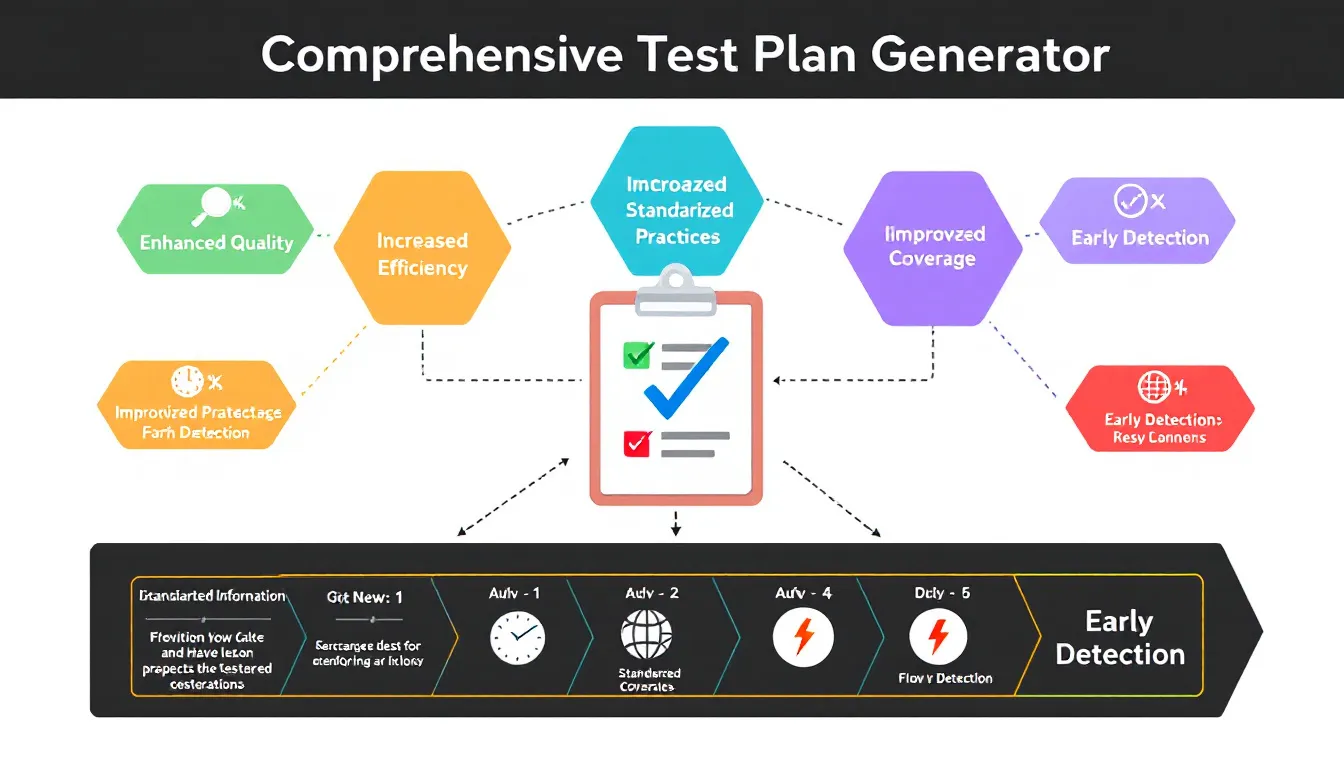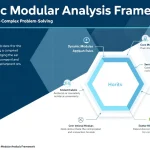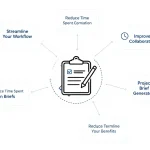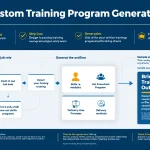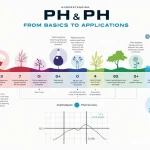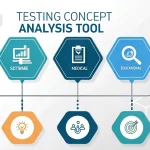Is this tool helpful?
How to Use the Comprehensive Test Plan Generator Effectively
To make the most of this powerful Comprehensive Test Plan Generator, follow these steps:
- Describe your codebase: In the first field, provide a concise overview of the codebase you want to test. For example, “A microservices-based e-commerce platform with user authentication, product catalog, and order processing modules” or “A machine learning model for predicting stock prices based on historical data and market sentiment analysis.”
- Specify the testing framework: Enter the name of the testing framework you’ll be using. Some popular options include “JUnit for Java” or “Pytest for Python.”
- Indicate the programming language: Enter the primary programming language used in your codebase, such as “TypeScript” or “Go.”
- Focus on specific functionality (optional): If you want to prioritize testing for certain areas of your codebase, describe them here. For instance, “Real-time data synchronization between mobile and web applications” or “Multi-factor authentication system.”
- List known issues (optional): If there are existing problems or potential weak points in your codebase, mention them here. Examples could be “Race conditions in concurrent database operations” or “Memory leaks in long-running background processes.”
- Generate the test plan: Click the “Generate Test Plan” button to create a comprehensive testing strategy tailored to your specific needs.
After generating the test plan, you can review the output, copy it to your clipboard, and use it as a foundation for implementing robust tests for your software project.
Introduction to the Comprehensive Test Plan Generator
The Comprehensive Test Plan Generator is an advanced tool designed to assist seasoned programmers and quality assurance professionals in creating thorough and effective testing strategies for software projects. By leveraging the power of artificial intelligence and drawing from decades of software development experience, this tool produces customized test plans that cover all critical aspects of your codebase.
Purpose and Benefits
The primary purpose of this generator is to streamline the process of creating comprehensive test plans, ensuring that no crucial testing scenarios are overlooked. It offers several key benefits:
- Time-saving: Quickly generate a detailed test plan that would typically take hours or days to create manually.
- Comprehensive coverage: Ensure all critical paths and edge cases are considered in your testing strategy.
- Best practices: Incorporate industry-standard testing methodologies and proven techniques.
- Customization: Tailor the test plan to your specific codebase, programming language, and testing framework.
- Risk mitigation: Identify and address potential weak points in your software early in the development process.
Benefits of Using the Comprehensive Test Plan Generator
1. Enhanced Software Quality
By using this tool, you can significantly improve the overall quality of your software. The generated test plans cover a wide range of scenarios, including edge cases and potential failure points that might be overlooked in manual planning. This comprehensive approach helps identify and eliminate bugs early in the development process, resulting in more stable and reliable software.
2. Increased Efficiency in Testing Processes
The Comprehensive Test Plan Generator streamlines the testing process by providing a well-structured and thorough testing strategy. This saves valuable time for development teams, allowing them to focus on implementing tests rather than spending excessive time on planning. The efficiency gained can lead to faster development cycles and quicker time-to-market for your software products.
3. Standardization of Testing Practices
By consistently using this tool across projects, organizations can establish standardized testing practices. This standardization ensures that all team members follow best practices in software testing, regardless of their experience level. It also facilitates easier onboarding of new team members and promotes a culture of quality throughout the development process.
4. Improved Test Coverage
The generator takes into account various testing methodologies, including unit tests, integration tests, and end-to-end tests. This multi-faceted approach ensures comprehensive test coverage across all layers of your application. By addressing different testing levels, you can catch issues that might only manifest when components interact, leading to more robust and reliable software.
5. Early Detection of Potential Issues
By incorporating known issues and areas prone to errors into the test plan generation process, this tool helps teams proactively address potential problems. Early detection of issues saves time and resources in the long run, as fixing bugs becomes increasingly expensive and time-consuming as development progresses.
6. Adaptability to Different Testing Frameworks
The Comprehensive Test Plan Generator is designed to work with various testing frameworks, making it versatile and adaptable to different development environments. Whether you’re using Jest for JavaScript, JUnit for Java, or Pytest for Python, the tool can generate appropriate test strategies that leverage the specific features and capabilities of your chosen framework.
Addressing User Needs and Solving Specific Problems
The Comprehensive Test Plan Generator addresses several critical needs in the software development lifecycle and solves specific problems faced by development teams:
1. Overcoming Test Planning Challenges
Many development teams struggle with creating comprehensive test plans, especially for complex systems. This tool solves this problem by automating the process and ensuring that all critical aspects are covered. For example, if you’re working on a financial transaction system, the generator might suggest specific tests for:
- Transaction atomicity and consistency
- Handling of concurrent transactions
- Edge cases like partial failures or network interruptions
- Security measures such as input validation and encryption
2. Bridging the Experience Gap
Not all team members have the same level of experience in software testing. The Comprehensive Test Plan Generator acts as a knowledge base, incorporating best practices and proven testing strategies. This helps less experienced developers create high-quality test plans and learn from the process. For instance, when testing a user authentication system, the generator might recommend:
- Testing various password strength scenarios
- Verifying multi-factor authentication workflows
- Checking for proper session management and timeout handling
- Ensuring secure password reset mechanisms
3. Adapting to Different Programming Paradigms
The tool is designed to generate test plans that are appropriate for different programming paradigms. Whether you’re working with object-oriented, functional, or procedural code, the generated test plan will reflect best practices for that specific paradigm. For example, when testing a functional programming codebase, the generator might emphasize:
- Pure function testing with various input combinations
- Verifying immutability of data structures
- Testing higher-order functions and their compositions
- Checking for side-effect free operations
4. Addressing Specific Areas of Concern
By allowing users to input known issues or areas prone to errors, the generator can create targeted test strategies. This feature is particularly useful for maintaining and improving existing codebases. For instance, if you indicate that your system has had issues with memory leaks, the generated plan might include:
- Long-running tests to detect gradual memory consumption
- Stress tests with large datasets to identify potential leaks
- Specific checks for proper resource cleanup and disposal
- Recommendations for using memory profiling tools
Practical Applications and Use Cases
1. Enterprise-Level Application Testing
For large-scale enterprise applications, the Comprehensive Test Plan Generator can create multi-layered testing strategies. Consider a complex ERP system with modules for inventory management, human resources, and financial reporting. The generator might produce a test plan that includes:
- Unit tests for individual components like tax calculation functions
- Integration tests for inter-module communication
- End-to-end tests simulating complete business processes
- Performance tests for handling large volumes of concurrent users
- Security tests focusing on data privacy and access control
2. Mobile App Development
When developing mobile applications, testing across different devices and operating systems is crucial. The test plan generator can create strategies that address mobile-specific challenges. For a social media app, the plan might include:
- UI tests for various screen sizes and orientations
- Performance tests under different network conditions
- Battery consumption analysis
- Push notification and background process testing
- Tests for seamless updates and data migration
3. Microservices Architecture
For systems built on microservices architecture, the generator can create test plans that focus on both individual services and their interactions. A test plan for an e-commerce platform using microservices might include:
- Unit tests for each microservice (e.g., product catalog, shopping cart, payment processing)
- Integration tests for service-to-service communication
- Contract tests to ensure API compatibility
- Chaos engineering tests to verify system resilience
- End-to-end tests simulating complete user journeys
4. Machine Learning Model Testing
When developing machine learning models, thorough testing is essential to ensure accuracy and reliability. The Comprehensive Test Plan Generator can create strategies for validating ML models. For a sentiment analysis model, the test plan might include:
- Data validation tests to ensure training data quality
- Model performance tests using various metrics (e.g., accuracy, F1 score)
- Tests for bias and fairness in model predictions
- Robustness tests with adversarial inputs
- Tests for model interpretability and explainability
5. Legacy System Modernization
When updating or refactoring legacy systems, comprehensive testing is crucial to ensure that existing functionality is preserved while new features are added. The generator can create test plans that focus on:
- Regression tests to verify unchanged functionality
- Compatibility tests between legacy and new components
- Performance comparisons before and after modernization
- Data migration and integrity tests
- Gradual feature transition testing
Frequently Asked Questions (FAQ)
Q1: Can I use this tool for different types of software projects?
A1: Yes, the Comprehensive Test Plan Generator is designed to be versatile and can be used for various types of software projects, including web applications, mobile apps, desktop software, APIs, and more. The generated test plans are tailored based on the information you provide about your specific project.
Q2: How does the tool handle different testing methodologies?
A2: The generator incorporates various testing methodologies, including unit testing, integration testing, system testing, and acceptance testing. It adapts its recommendations based on the nature of your project and the testing framework you specify.
Q3: Can I customize the generated test plan?
A3: Absolutely! The generated test plan serves as a comprehensive starting point. You can and should customize it further based on your project’s specific needs, team preferences, and any additional considerations not captured in the initial input.
Q4: Is programming experience required to use this tool?
A4: While the tool is designed for use by experienced programmers, it can also be valuable for those with less experience. The generated plans can serve as educational resources, helping less experienced team members understand comprehensive testing strategies.
Q5: How often should I use the Comprehensive Test Plan Generator?
A5: It’s recommended to use the generator at the beginning of new projects, when starting new development phases, or when significant changes are made to existing systems. Regular use ensures that your testing strategies remain up-to-date and comprehensive.
Q6: Can the tool help with test prioritization?
A6: Yes, the generated test plans often include suggestions for test prioritization based on the critical paths and potential risk areas in your application. However, you should always review and adjust these priorities based on your project’s specific context and requirements.
Q7: Does the tool generate actual test code?
A7: No, the Comprehensive Test Plan Generator creates a strategic plan and outline for testing. It doesn’t generate actual test code. The plan serves as a guide for developers and QA professionals to write effective tests based on the outlined strategies.
Q8: How does the tool handle security testing?
A8: Security considerations are integrated into the generated test plans, especially if you indicate that security is a concern in your input. The plans may include recommendations for security testing practices, such as penetration testing, vulnerability scanning, and secure coding practices verification.
Q9: Can the tool help with performance testing strategies?
A9: Yes, performance testing is an important aspect considered by the generator. Depending on your project description, it may suggest strategies for load testing, stress testing, scalability testing, and identifying performance bottlenecks.
Q10: How does the Comprehensive Test Plan Generator stay updated with the latest testing practices?
A10: The tool is regularly updated to incorporate the latest best practices in software testing. It draws from a vast knowledge base that is continually refined based on industry trends, academic research, and real-world testing experiences.
Important Disclaimer
The calculations, results, and content provided by our tools are not guaranteed to be accurate, complete, or reliable. Users are responsible for verifying and interpreting the results. Our content and tools may contain errors, biases, or inconsistencies. We reserve the right to save inputs and outputs from our tools for the purposes of error debugging, bias identification, and performance improvement. External companies providing AI models used in our tools may also save and process data in accordance with their own policies. By using our tools, you consent to this data collection and processing. We reserve the right to limit the usage of our tools based on current usability factors. By using our tools, you acknowledge that you have read, understood, and agreed to this disclaimer. You accept the inherent risks and limitations associated with the use of our tools and services.
